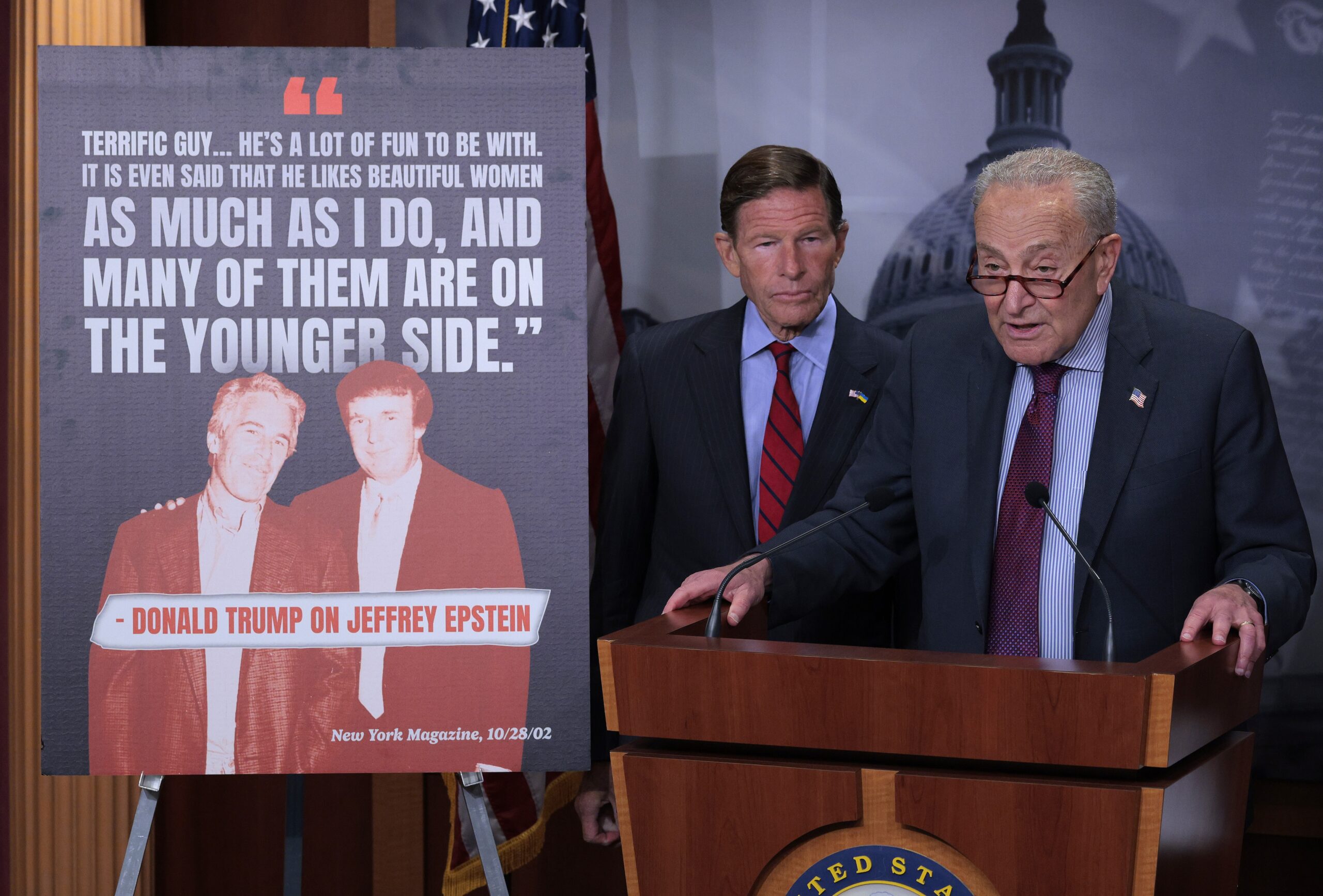The current administration is facing growing political and public pressure over its handling of the Jeffrey Epstein files, leading to a complex and multi-faceted fallout. The controversy has created a rare divide within the Republican party and has become a major point of criticism from Democrats.
The central issue stems from a Department of Justice review that concluded there was no "client list" and no evidence that Epstein had blackmailed powerful figures. This was a direct contradiction to prior rhetoric from some of the administration's own allies, who had previously fueled speculation and conspiracy theories about a widespread cover-up involving high-profile elites. The report was met with outrage from parts of the president's base, who accused his administration of joining the very cover-up they had long promised to expose.
In an effort to address the backlash, the administration has taken a few actions. This includes directing the Justice Department to seek the unsealing of grand jury transcripts related to the case. However, a federal judge has already rejected one such request, and it is unclear if the transcripts, if released, would contain new and significant information.
The president has also offered new explanations for his past relationship with Epstein, saying he ended their friendship after Epstein "stole" employees, including one of his key accusers, Virginia Giuffre, from the spa at his Mar-a-Lago club. This new account has drawn criticism from Giuffre's family, who say it raises questions about the president's prior knowledge of Epstein's activities.
Democrats and some Republicans have capitalized on the turmoil. A House subcommittee has voted to subpoena the Department of Justice for all Epstein-related files, a move with bipartisan support. In the Senate, Democrats have invoked a rarely used federal law, the "Rule of Five," to compel the Justice Department to provide documents. These moves keep the spotlight on the issue and continue to put pressure on the administration to provide full transparency.
The fallout is particularly challenging for the administration because it has created a situation where the president is being challenged not just by his political opponents, but also by a core part of his own support base.



 Uncategorized
Uncategorized 21 Jul, 2025
21 Jul, 2025 Elizabeth Ramirez
Elizabeth Ramirez